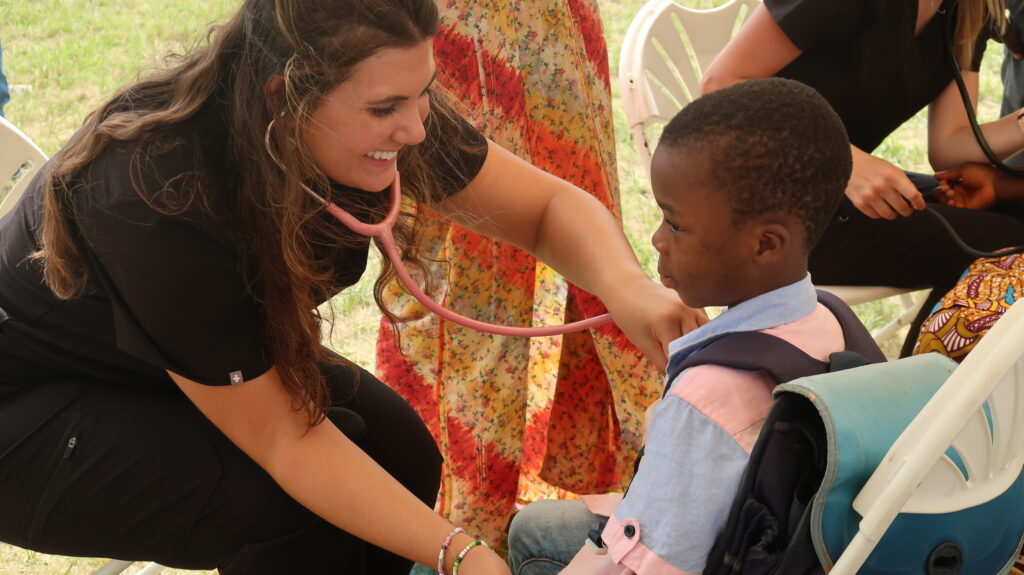
As President Donald Trump takes office for the second time, there is uncertainty about the future of reproductive health care in states that take punitive measures against doctors who perform abortions.
Roe v. Wade, the landmark case in 1973 that legalized abortion, was overturned in 2022, in large part due to the Supreme Court justices appointed by Trump in his first term. Due to this, doctors and nurses in anti-abortion states are threatened with litigation should they provide abortion services. This has already resulted in doctors and nurses fleeing anti-abortion states; Idaho lost 22% of their OB/GYNs in the first 15 months after an abortion ban was put into place, according to Oregon Public Broadcasting. 14 states banned abortion clinics. Uncertainty on what care can and cannot be provided could be harmful.

Jennifer Dyck is a nursing professor at Point Loma Nazarene University. Dyck has worked as a NICU nurse and in postpartum care. She currently practices at Saint Mary Birch Hospital. Dyck suspects reproductive rights and family planning services may see changes in the coming years.
“I think what you’re going to see is OB/GYNs are going to face changes in how they provide care to women and how they navigate, certainly legal and ethical considerations,” Dyck said.
Another concern, according to Sophie Osmena, a fourth-year nursing major, is funding for reproductive care. Osmena aspires to work in maternal health, preferably in labor and delivery. When campaigning for his first term, Trump threatened to repeal the Affordable Care Act, otherwise known as Obamacare, which was put in place to try and expand health care.
“If those efforts had been successful, it could have led to reduced access to prenatal, maternal and postpartum care, especially for low-income women and those without insurance,” Osmena said. “I’m worried that these restrictions will force women and their families to make decisions that will be harmful because they won’t be able to get the help they need.”
A few days into office, Trump moved to freeze some operations within the National Institutes of Health, including communications, hiring and a travel ban. The NIH is worth $47.4 billion and is crucial to medical research in the United States. Though some communications and travel have resumed, the travel ban persists, and the NIH can’t start any new studies or recruit new patients for research products until the freeze is lifted.
“I fear more about access to care in general,” Emma Pickens, a fourth-year nursing major, said. “Women’s health units are closing down in California, especially in rural areas. This concerns me due to those within those communities who may not have the means to get to another clinic that is farther [away].

Around the country, stories have emerged surrounding the consequences of nurses and doctors not being able to administer emergency care. Though typically abortions in the third trimester are often due to medical complications (1% of all abortions are performed 21 weeks or later), states with abortion bans have reported higher maternal mortality rates than those without bans. According to a National Institutes of Health study in December of 2023, maternal death rates were 62% higher in states with stricter restrictions than states with more access to abortion care.
“As I progress into a professional career, I am most worried about the increase in women who will not have access to affordable healthcare services, which may lead to health complications for both moms and their babies,” Osmena said.
But there is also room for optimism, according to Osmena.
“Nurses are trained to provide quality care no matter the circumstance or the patient,” Osmena said. “We can be optimistic and confident that nurses and other health care workers will work hard to ensure the best possible outcomes for their patients.”
